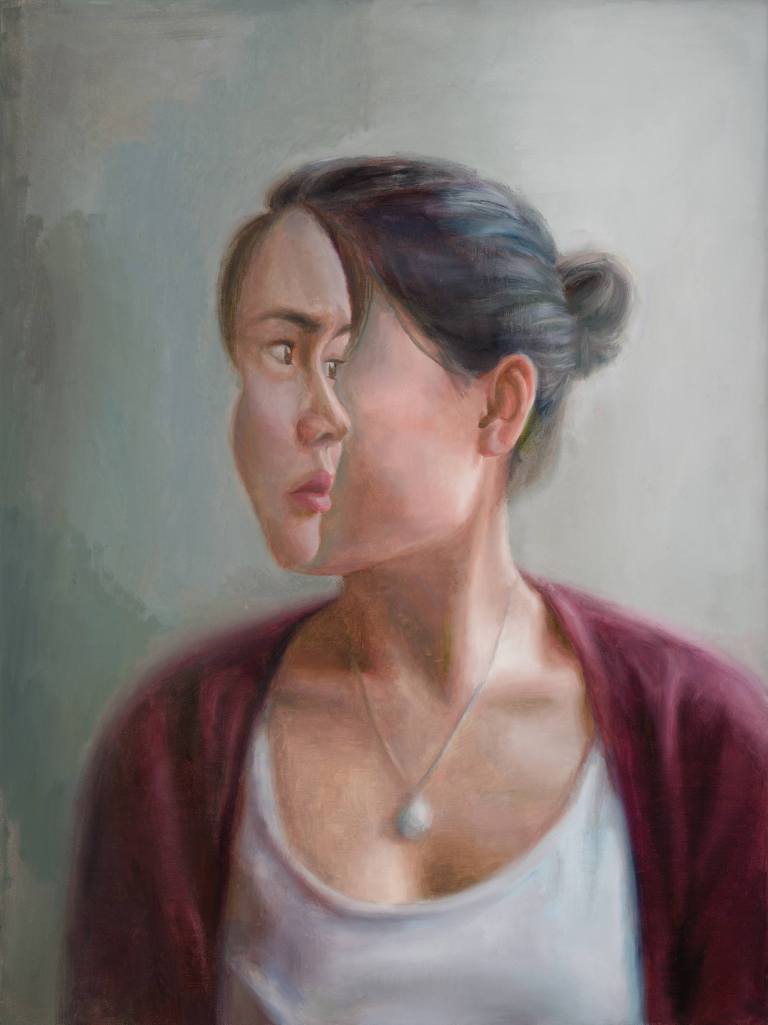POn Friday, we had a talk from Peter Taylor, Rotherham’s recently retired consultant haematologist and current deputy postgraduate dean for Yorkshire and Humber.
Peter talked about training and trainers – the ways in which the world of doctors and increasingly others – nurses, practitioners, therapists is changing, from one in which you got by and qualified by hook or crook, some with greater failings than others – the see-one – do-one – teach-one culture which I experienced, to the more modern practice of training and education as an academic discipline in itself requiring measuring and monitoring, quality control and standards.
In his talk he mentioned insight and it is this that I find fascinating.
Insight has more than one meaning. In the world of medicine, it is usually derived from the psychiatric concept relating to an individual’s awareness of their disease, for example, people with depression, at least in the mild and moderate end, are aware they are depressed, they may be in a position to see that they are unwell and need help, whereas those who are more severely affected, perhaps approaching what we call ‘psychotic depression’ lose this insight, sometimes with terrible consequences.
In simplistic terms this is sometimes used as the dividing-line between neurotic and psychotic, the former having proportionately more insight, the latter, receiving depot injections as when they are very sick they can’t see that anything is wrong.
There are other meanings to insight, such as when you stumble across an answer or a way of doing something that you have not noticed before;* I will focus here on the first form.
Insight within medicine, as I say is a discrete thing.
In talking about education and the development of doctors and nurses it relates to an individual’s ability to determine the effect of their behaviour on another – usually a patient, although sometimes relatives or colleagues.
Awareness of the emotions and feelings of another – empathy as well as the effect of your behaviour, speech or actions is the essence. If I am breaking terrible news to a patient, say, for example, that they have a terminal diagnosis, insight is critical to conveying this information sensitively.
Not all forms of communication suit all people – some want all the details, others prefer to look away and others need more time. Like all aspects of health and care the essence is person-centred, there is no one way to communicate, each interaction is unique.
What do you do if there is a problem with insight? How do you intervene if a doctor or nurse lacks insight, if, they are unaware of the effect of their words on another, that their tone although not intentionally dismissive is perceived as such? What if this leads to fear or worry – if for example, the nurse is too afraid to mention the potential drug error to the consultant who lacks insight and who is perceived to be out of reach or intimidating? Perceptions of course work both ways, it might be the trainee’s perceptions that are awry.
How do you handle someone who doesn’t get it?
People might think that surely, within the 21st Century there can’t be that many people out there with these issues – have you read my blog on arses?
People who lack insight are not bad, they are very often devastated when they discover the effect of their actions or words on others.
Usually the way to first approach this is to ask the person what they think – try to establish to extent to which there is a disconnect, then, perhaps working with feelings, as they are the only objective dimension, ‘When you say X, it makes me feel Y,’ or, ‘When you talked to Mr A, he told me it made him feel Z.’
Don’t say, ‘You lack insight, sort yourself out,’ as, that is like telling someone who has grown-up in black and white about butterfly wings – you have to work within the confines of your and the others’ mind-set.
This isn’t a tutorial in how to work with people who unintentionally upset people and, we are all different, just because I see the colour as pink and you say it’s red doesn’t mean that we need to fall-out. (And, there are certainly folk out there who upset people intentionally, again, that is for another day when I return to musing on Stalin)
Sure, in healthcare, if you are dealing with more than colour perceptions this is a potentially more significant issue, for example, the person is dying versus, we should continue the aggressive treatment, is a far more challenging concept which works both ways – the person who is dying and is saying they are dying and wants to die who is being subject to over-medicalisation as much as the person who should have the full gamut of modern healthcare thrown at them.
Essentially, we are all alone.
I have written about this before.
This is the human condition – all that we can be certain of is our uncertainty. The perceptions, thoughts, feelings of another are always alien. Yes, we are fortunate we can use our intellect, we can talk, listen, observe, although it is these facilities which are sometimes variable.
Perhaps let’s start by listening.
What do you hear? Might be a useful entry question for someone applying to medical or nursing school – is the baby contented or distressed, is the action empathetic or disrespectful? It is our ineffable humanness that differentiates us from machines, let’s perhaps concentrate on this and we can learn from one another.
*Interestingly, people are more able to achieve insight into puzzles and problems when in conditions of emotional and psychological security – like lots in life; the fearful doctor or patient can struggle to see the obvious.

You can follow my blog by opening the box at the top of the page, although you won’t get the nice pictures which are available online http://www.almondemotion.com
I’d love to hear what you think about this or any of my other blogs. A smiley will suffice!
Paintings by Dénesh Ghyczy
Please share!





